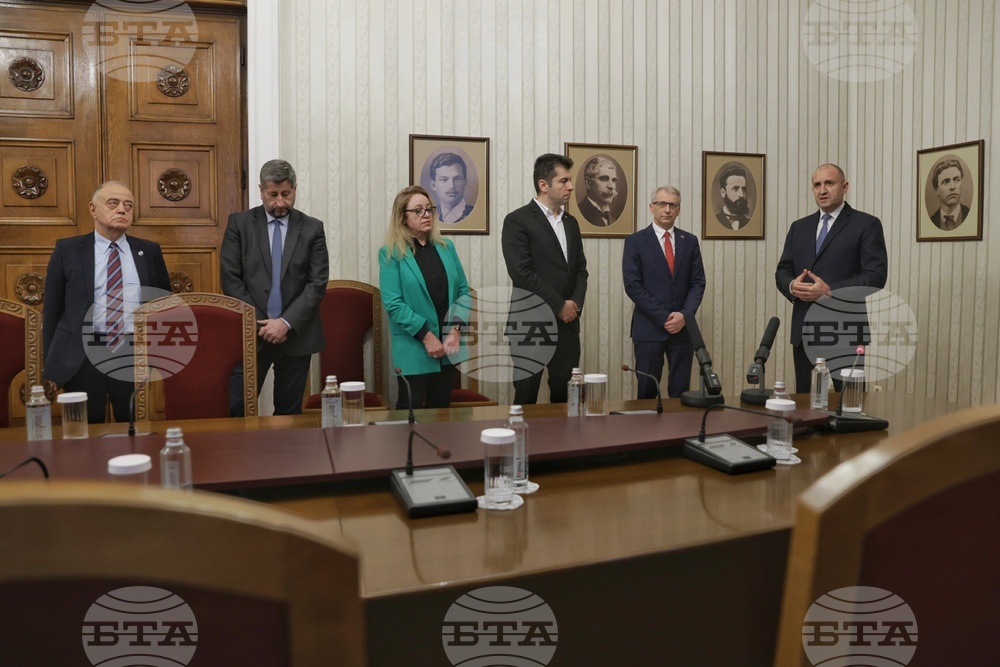There Is Such a People Decline Cabinet-forming Mandate
There Are Such a People (TISP) Thursday returned an unfulfilled third cabinet-forming mandate to President Rumen Radev immediately after he handed it to them. The envelope was returned empty by TISP Deputy Floor Leader Ivaylo Valchev.

